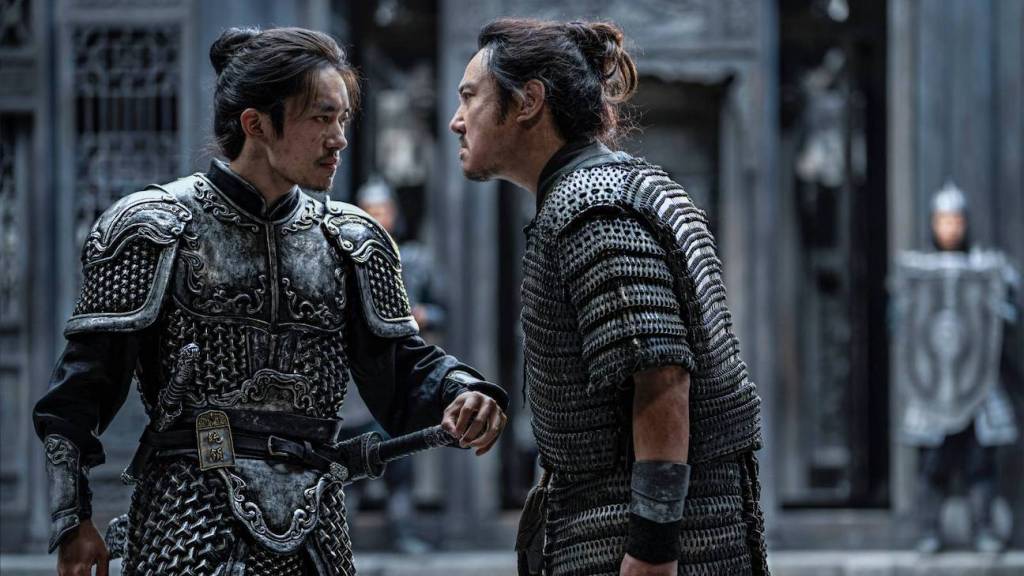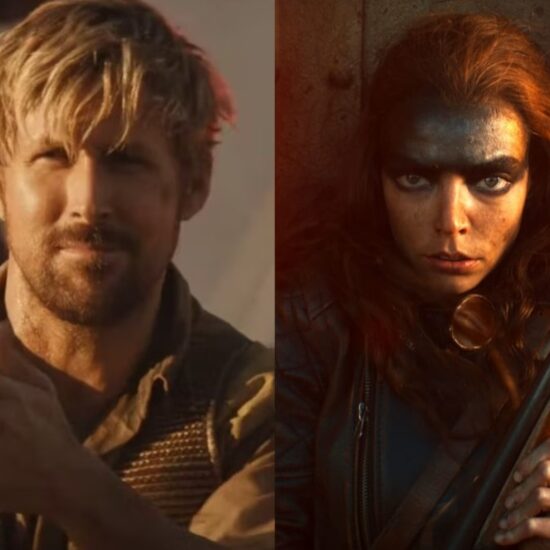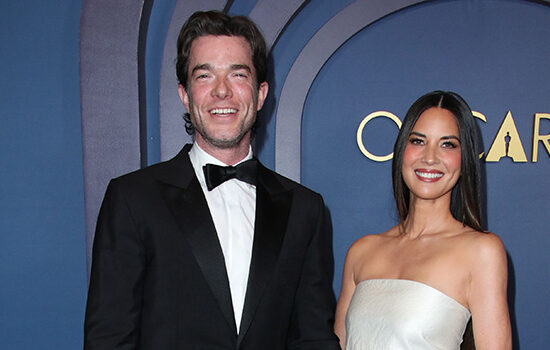
Italy’s Far East Film Festival unveiled a power-packed lineup Wednesday for its 25th anniversary edition. The largest cinema event in Europe specializing in popular moviemaking from Asia, FEFF will open on April 21 with an inspired double-bill, He Shuming’s hit Korea-Singapore co-production Ajoomma followed by first-time Taiwanese director Kai Ko’s black comedy Bad Education. And on April 29, the curtain will come down on the festival with the Italy premiere of legendary Chinese director Zhang Yimou’s latest blockbuster, Full River Red. Between those dates, the festival will screen 78 Asian films from 14 countries, including nine world premieres.
The organizers of FEFF, founded in 1999 in the picturesque northern Italian city of Udine by festival pioneers Sabrina Baracetti and Thomas Bertacche, say the 2023 selection “aims to showcase the immense complexity of Asia more than ever before.” The lineup indeed presents a compelling snapshot of a wildly diverse content’s commercial cinema in flux.
FEFF got its start in the early 2000s by bringing some of the best of Hong Kong cinema’s golden age to Europe, and this year’s festival will be celebrating that city’s resurgent movie scene, showcasing the box-office record-breaking courtroom drama A Guilty of Conscience, six films from new Hong Kong directors, as well as the latest from Anthony Wong (Sunny Side of the Street, 2022). And near the tale end of the festival, Hong Kong industry titan Johnnie To, a longtime ally of the event, will drop in to deliver a master class.
Japanese cinema will also have an especially strong presence at FEFF’s silver jubilee. Prolific director Hiroki Ryuichi will screen three films (his latest feature, Phases of the Moon, 2022’s You’ve Got a Friend and his 1994 breakthrough 800 Two-Lap Runners). Hiroki will be present in Italy to conduct a masterclass, as well. Other highlights of the diverse Japanese lineup are Tokyo-based Indian filmmaker Anshul Chauhan’s well-regarded courtroom drama December, Otomo Keishi’s historical drama The Legend & Butterfly, the queer love story Egoist and Nakamura Mayu’s COVID-era drama She is Me, I am Her. Cult director Watanabe Hirobumi will visit FEFF to present two world premieres, Techno Brothers, described as a “Kraftwerk-esque road movie that pays homage to the Blues Brothers and Aki Kaurismaki;” and the diary film Way Of Life. Veteran Japanese actress Baisho Chieko, the star of dozens of Yoji Yamada’s beloved Tora-san films, will receive the festival’s 2023 lifetime achievement honor. To mark the occasion, the festival will screen three of Hayakawa’s films: her first Tora-san (1969) feature, Yamada’s Where Spring Comes Late (1970), and her most recent starring project, Chie Hayakawa’s dystopian social drama Plan 75, which earned a Caméra d’Or special mention at Cannes in 2022.
On the Chinese-language front, aside from Zhang’s blockbuster, the selection includes the recent Chinese remake of Hachiko, featuring another Chinese industry legend, Feng Xiaogang, in the lead role. And the Taiwan picks add to the diversity FEFF is highlighting in 2023. Laha Mebow’s Gaga tells a story set in an indigenous Taiwanese Atayal family, Cheng Wei-hao’s Marry My Dead Body is a ribald supernatural comedy, and Fu Tien-yu’s Day Off captures a touching portrait of a male hairdresser.
Korean cinema, famed for both its commercial polish and storytelling bite, has become an increasingly important pillar of FEFF’s programming over the years. Seven titles will be exhibited this year, showcasing the Korean industry’s unmatchable genre chops, as per usual. Among them: Jin-young Kim’s mystery horror The Other Child, Ahn Tae-jin’s period costume drama The Night Owl and Lee Hae-young’s twisty spy thriller, Phantom. Korean cinema pioneer Jang Sun-woo will both visit the festival in person to deliver a masterclass and receive the mini-retrospective treatment, with three of his edgy and influential features shown: Road to the Racetrack (1991), To You, From Me (1994) and Lies (1999).
The fest’s 2023 Southeast Asia picks deliver the same blend of eclectic auteurist cinema and well-built genre vehicles. From Thailand: You&Me&Me, a coming-of-age film directed by the twin Hongvivatana sisters; from Malaysia: Abang Adik, about life on the margins, and Cost Guard Malaysia: Ops Helang, a visceral action film. Indonesia’s Joko Anwar will bring his blockbuster sequel Satan’s Slave: Communion. And the Philippines will be represented by three horror flicks: Mikhail Red’s Deleter, Kenneth Dagatan’s dark fable In My Mother’s Skin, and Quark Henares’ internet misinformation comedy Where Is the Lie?
To celebrate the FEFF’s quarter-century anniversary, organizers have put together a retrospective that’s as clever as it is counterintuitive. Rather than revisiting highlights of the event’s early years, a 21-title retrospective sidebar will explore the period in Asian cinema that immediately proceeded FEFF’s establishment. Festival founders Baracetti and Bertacche essentially will be exploring the fertile period in Asian cinema history (the late 1980s and 90s) that spawned their own love of the region’s moviemaking — a passion that in turn inspired the creation of Europe’s largest Asia-dedicated film event. Examples include: Nonzee Nimibutr’s seminal 1997 Thai gangster movie Dang Bireley’s and Young Gangsters, Park Chan-wook’s 1997 crime comedy and second feature Trio, Hsu Hsiao-ming’s Dust of the Angels from 1992 (produced by Hou Hsiao-hsien), and the crime comedy Teenage Fugitive (1984), written by a Tsai Ming Liang, who had just moved to Taipei from Malaysia. After spending 25 years trying to look ahead to the future of Asian cinema, in 2023 FEFF will also ask: What films would we have shown in the years before we existed?













